How federal funding cuts threaten tribal health services
Stockbridge-Munsee Band of Mohican Indians President Shannon Holsey says uncertainty over Medicaid and Indian Health Service funding could destabilize health care in Wisconsin's tribal communities.
By Erica Ayisi | Here & Now, ICT News
June 27, 2025 • Northeast Region
Uncertainty over federal funding could destabilize health care in tribal communities.
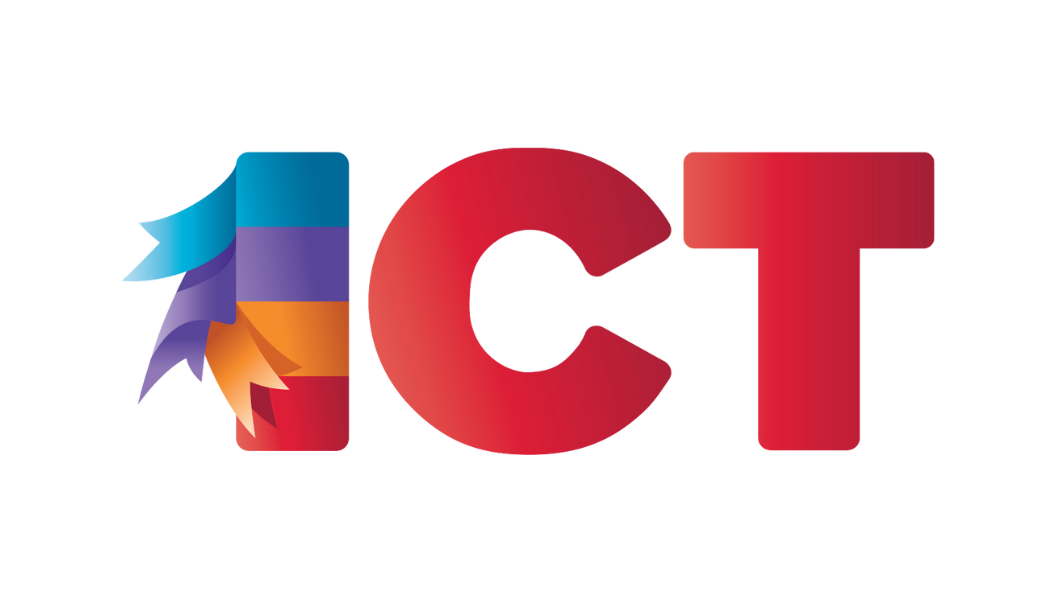
This report is in collaboration with our partners at ICT, formerly Indian Country Today.
Rural tribal clinics like Stockbridge-Munsee Health and Wellness Center provide medical services to tribal and community members, but proposed spending cuts to the Indian Health Service — the federal agency that provides tribal medical services across the country — along with Medicare and Medicaid would cut across all of Wisconsin’s 11 federally recognized tribes.
“It’s not just a budget,” said Shannon Holsey, president of the Stockbridge-Munsee Band Of Mohican Indians.
“It’s a trust in treaty responsibility that the United States has entered into with tribal nations for what was taken and what was supposed to be returned, and the loss of our land,” she explained, referencing the tribal nation’s treaty and a legal obligation called the federal Indian trust responsibility. “That is the unique relationship that exists and the agreements that were entered into between the United States and tribal nations.”
While the proposed $8 billion budget for the Indian Health Service is an increase, Holsey said the federal tax and spending cuts package lacks advanced appropriations that are needed for funding predictability.
“One of the essential threats of this ‘Big Beautiful Bill’ is that they’re going to strip the advanced appropriations, and we’re going back into a dysfunctional cycle,” she said.
Funding the tribe’s health center is complex.
“It costs our nation about $16 million to operate it annually,” Holsey explained. “Of that, in it, it’s multifaceted in the resources that come, a mix of both private insurance and Medicare.” Of the tribal clinic’s funding, 27% comes from Medicare and Medicaid, she added.
According to the Congressional Budget Office, the bill would reduce federal Medicaid by $793 billion.
“We have a responsibility to our citizens as a sovereign nation, so it’s going to be up to our tribal government to come up with that offset to meet the basic needs and to manage,” Holsey said.
Some of the health concerns that tribal members are facing in the community include disproportionate rates of people being diagnosed with heart disease and diabetes. Holsey described cancer rates as “alarming” for the community.
“As you can imagine, that will tax your healthcare systems,” she said.
The bill also adds job requirements to Medicaid. Holsey said she’s concerned that Wisconsin’s rural tribal communities could disproportionately lose coverage because of additional hurdles to accessing health care.
“There hasn’t been a well thought out plan in terms of how that is accessed, but really what we’re talking about is a human rights issue,” she cautioned.
Even as the wrangling over the federal spending tax bill continues, one provision of the Medicaid overhaul would eliminate a state opioid abatement program. That’s a prevention program affecting Native communities across the state.
Holsey said there’s room for compromise in the proposed federal spending and tax bill, but for her, access to health care for Wisconsin’s tribal population of roughly 43,000 people is non-negotiable.
“We also have a responsibility as tribal nations to make sure the federal government upholds our trust in treaty responsibility,” Holsey said, “and robustly engage and remind the United States government and others that as sovereign nations they have a responsibility to tribal nations.”
This report is in collaboration with our partners at ICT.
 Passport
Passport




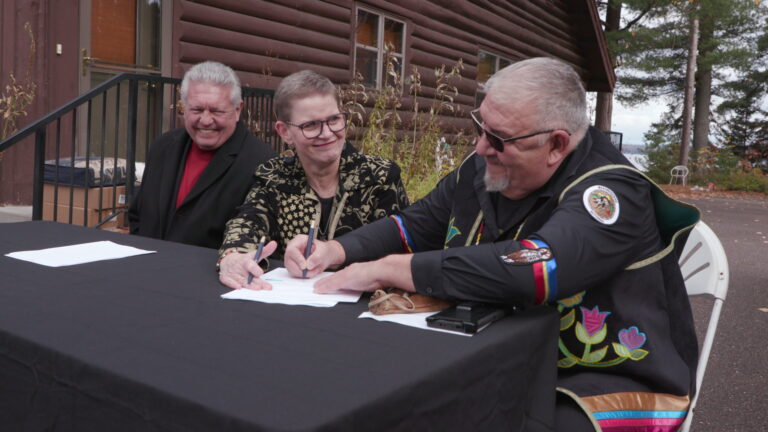
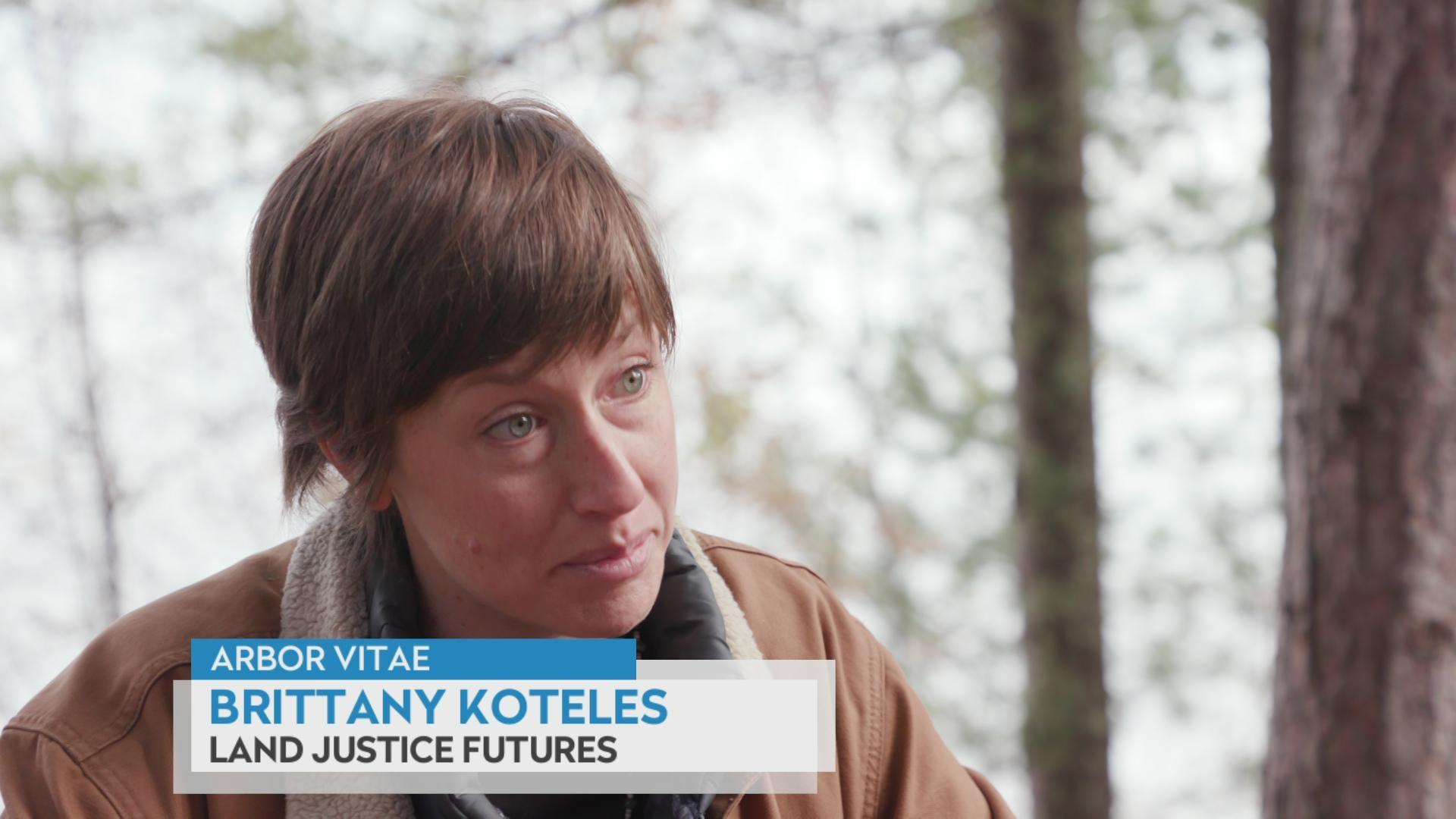

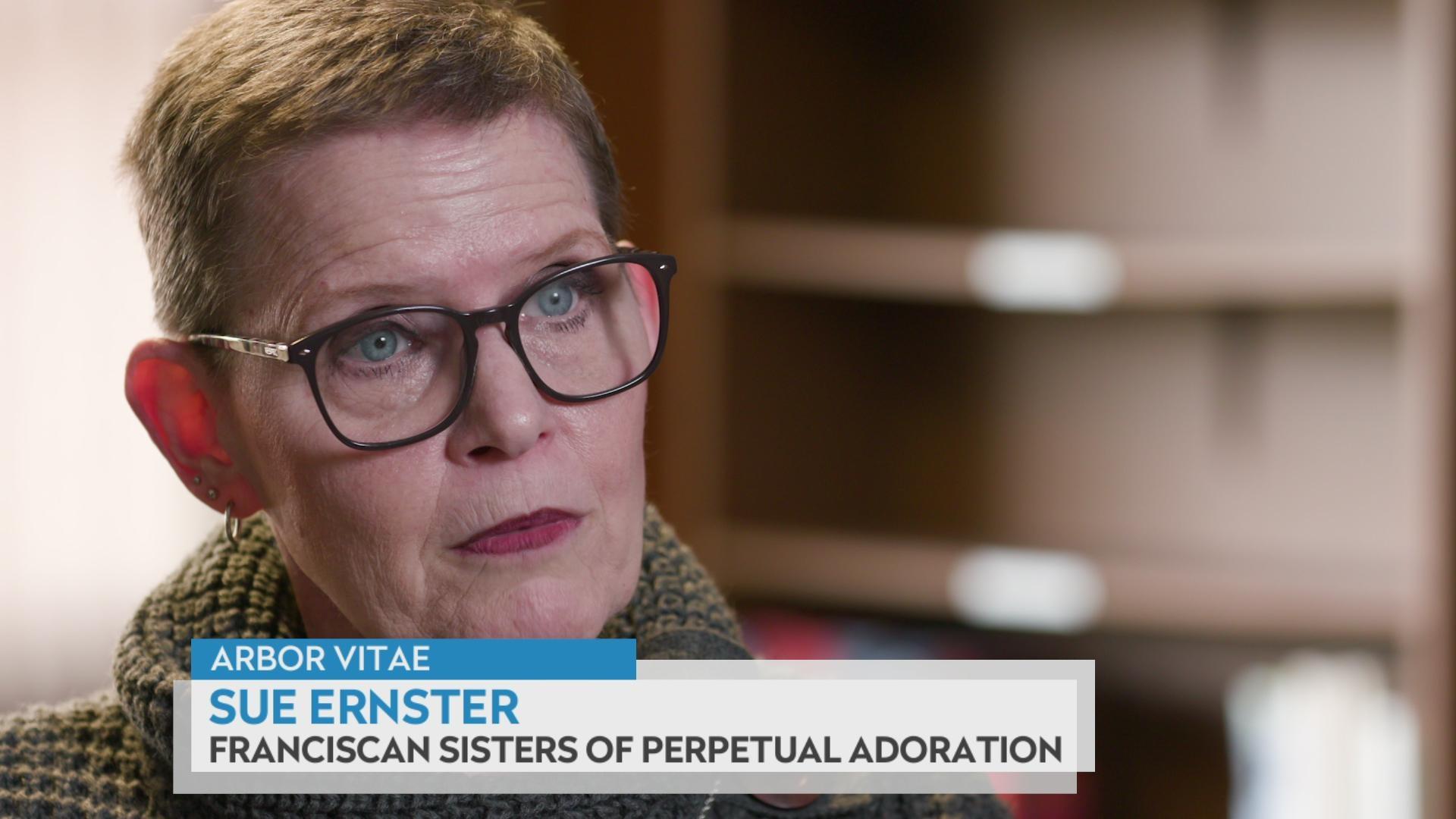
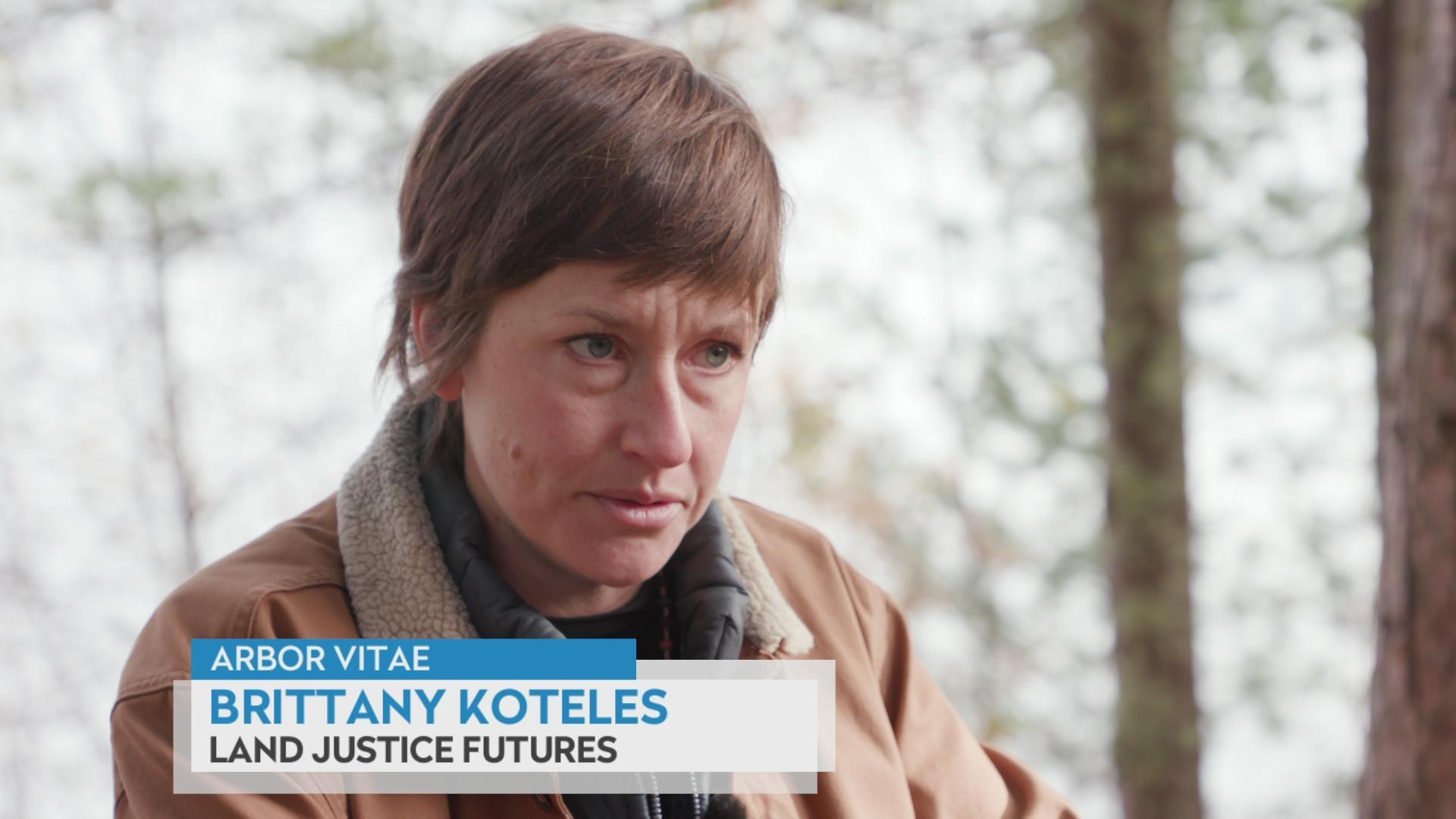


Follow Us